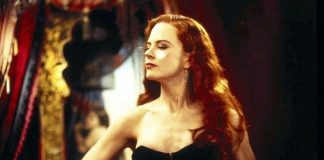When watching your favorite TV series or movies, we naturally pay special attention to the characters that we like very much. The reasons are different: someone sees himself in the character, someone likes the genius and purposefulness of the protagonist. Or the character type is so funny and lamp-like that it becomes its own. However, if you look at these amazing characters more closely, you can see just ordinary people who have their own complexes, fears and unconscious reasons for such atypical behavior.
- Monica Geller

The first thing that catches our eye when we meet Monica is her love of cleanliness. She needs to be a winner in anything, and she is also hardworking and purposeful. Surprisingly, such traits are inherent in the narcissistic personality type. Monica is the youngest child in the family, but it was Ross who got the most love and support from his parents. In addition, as a child, she was overweight, and this also affected her self-esteem.
2. Chandler Bing
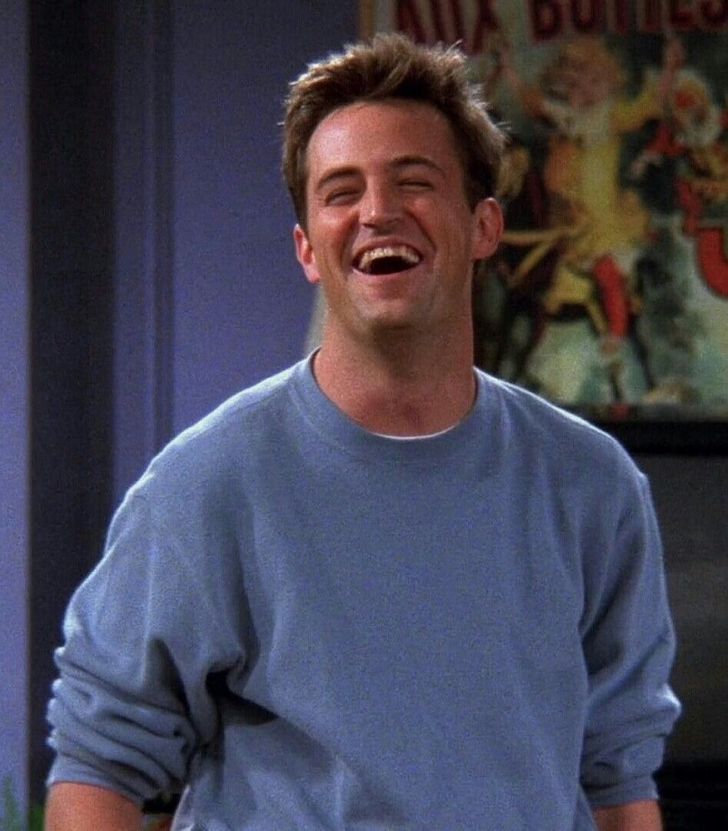
As in the case of Monica, most of the complexes in Chandler appeared in childhood due to complex family relationships. He is very unsure of himself and doesn’t know exactly what he wants. His jokes and sarcasm are nothing more than self-defense, an attempt to show his interlocutors that he is very confident in himself. By the way, Chandler himself admits this, explaining that most of the complexes appeared after his parents ‘ divorce (season 3, episode 17). Despite this, Chandler enjoys the respect of colleagues and superiors. With subordinates, he can show firmness of character. But at the same time, our hero is more of a follower than a leader, and he is unlikely to become a real leader.
3. Anna Karenina
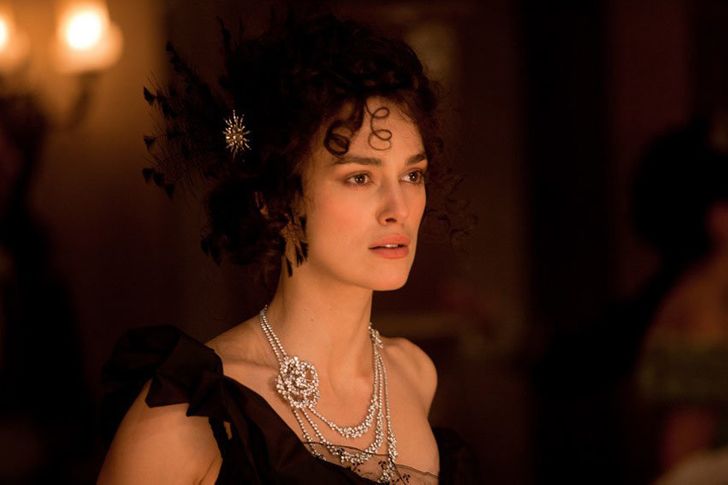
Anna is a rather ambiguous character. You can sympathize with her somewhere, condemn her for something, and in some situations her motives are completely incomprehensible. For Anna, who married very young, love for Vronsky was a breath of fresh air. After all, her marriage was not for love, and her husband was not young. At the same time, Anna was not tormented by feelings of guilt towards Karenin. Given the thoughts and behavior of our heroine, we can say that she most likely has a hysteroid-asthenic personality type.
The belief that her husband was responsible for all her misfortunes gave rise to constant self-pity and, in the end, a lack of meaning in life. Anna never found it for herself: not in her love for her son, not in her passion for Vronsky, not even in herself. As a result, she developed severe depression. And we all know how it ended.
4. Cersei Lannister

Cersei is really something like a lioness (the lion is depicted on the Lannister coat of arms): on the one hand, she is cruel and ruthless, on the other, very loyal to some members of her family. She is a virtuoso manipulator and sociopath. She has many traits of an antisocial personality type: the ability and desire to deceive, a tendency to immoral acts, the desire for power, indifference to the feelings of others and a willingness to use them to please themselves. However, Cersei is more narcissistic than sociopathic.
5. Daenerys Targaryen

Daenerys, like Cersei, is an ambiguous character. It combines many qualities: justice and cruelty, resilience and flexibility, sensitivity and determination. Again, the roots of this all come from childhood. Stormborn’s father was mad and cruel, and she was “raised” by her brother, who was only interested in himself. He treated his sister like a thing.
Daenerys was mistreated, her needs and desires ignored. It is no wonder that with such a childhood, the child will form the psychology of the victim. But our heroine is not stuck in this trap of the subconscious.
There is such a thing as the “Karpman triangle”. It is formed when people in relationships can play 3 roles (victim, aggressor, rescuer), sometimes all in turn. That’s exactly what happened with Daenerys. First she was a victim, then she saved all the oppressed, and in the end she was so convinced of the correctness of her view of the world and people that she became an aggressor.
6. Dr. House
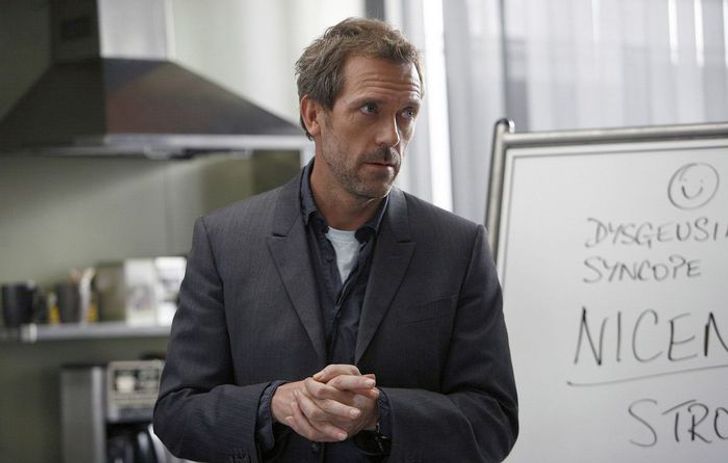
Dr. house is brilliant, direct, sarcastic, and lives by his own rules. In fact, the character of house is based on the image of Sherlock Holmes, as admitted by the Creator of the series David shore. Many people consider the doctor a sociopath, although this is not true. Of course, some features of sociopathy are inherent in Gregory, such as disregard for norms, unwillingness to build close relationships, irresponsibility, manipulation.
However, despite his cynicism and sarcasm, house cares about the people around him. He is able to have strong positive feelings for others. But it is the lack of empathy and the inability to experience emotions that is the main distinguishing feature of sociopathy. And all this ostentatious denial of norms and rules, rudeness and skepticism is nothing more than a manifestation of the narcissistic-hysterical personality type. This type of attention is vital, no matter how it is received.
7. Sheldon Cooper
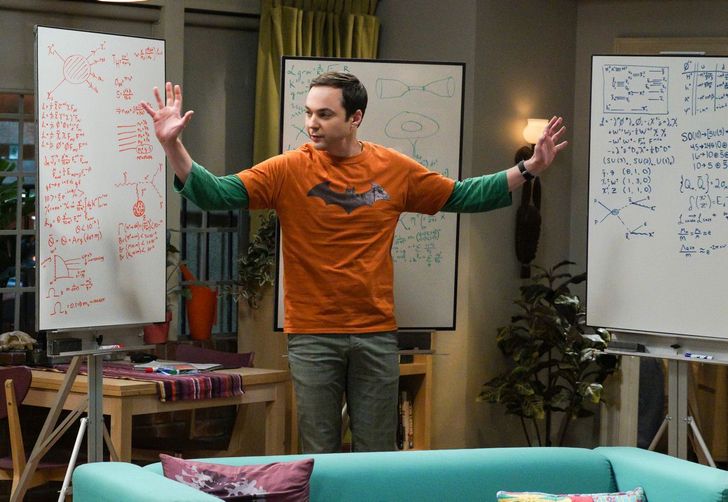
Sheldon tops our list of characters in terms of psychological complexity. It intertwines a lot of installations and complexes. With a high IQ (187), Sheldon does not develop social and emotional intelligence. He most likely has autism spectrum disorders. This is indicated by a lack of empathy, a craving for repetitive actions (he always knocks three times before entering) , and a complete redirection of the focus of attention to something specific (studying physics).
And he also has such disorders as:
Misophobia — the fear of something to get dirty or infected (immediately and hypochondria).
Pathological hoarding: Sheldon can’t throw anything out of his things. He has a vault where he keeps everything he ever had.
Obsessive-compulsive disorder: an obsessive desire to do everything in order, in a certain sequence, or according to certain rules. For example, he follows a strict diet, does everything strictly on schedule, or can only sit in his place.
It is also possible that Cooper has Asperger’s syndrome, which is inherent in those who have difficulties in social interaction. He takes sarcasm and irony hard, and often his behavior leads to misunderstandings on the part of other people.
